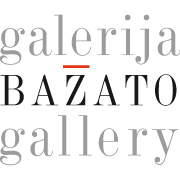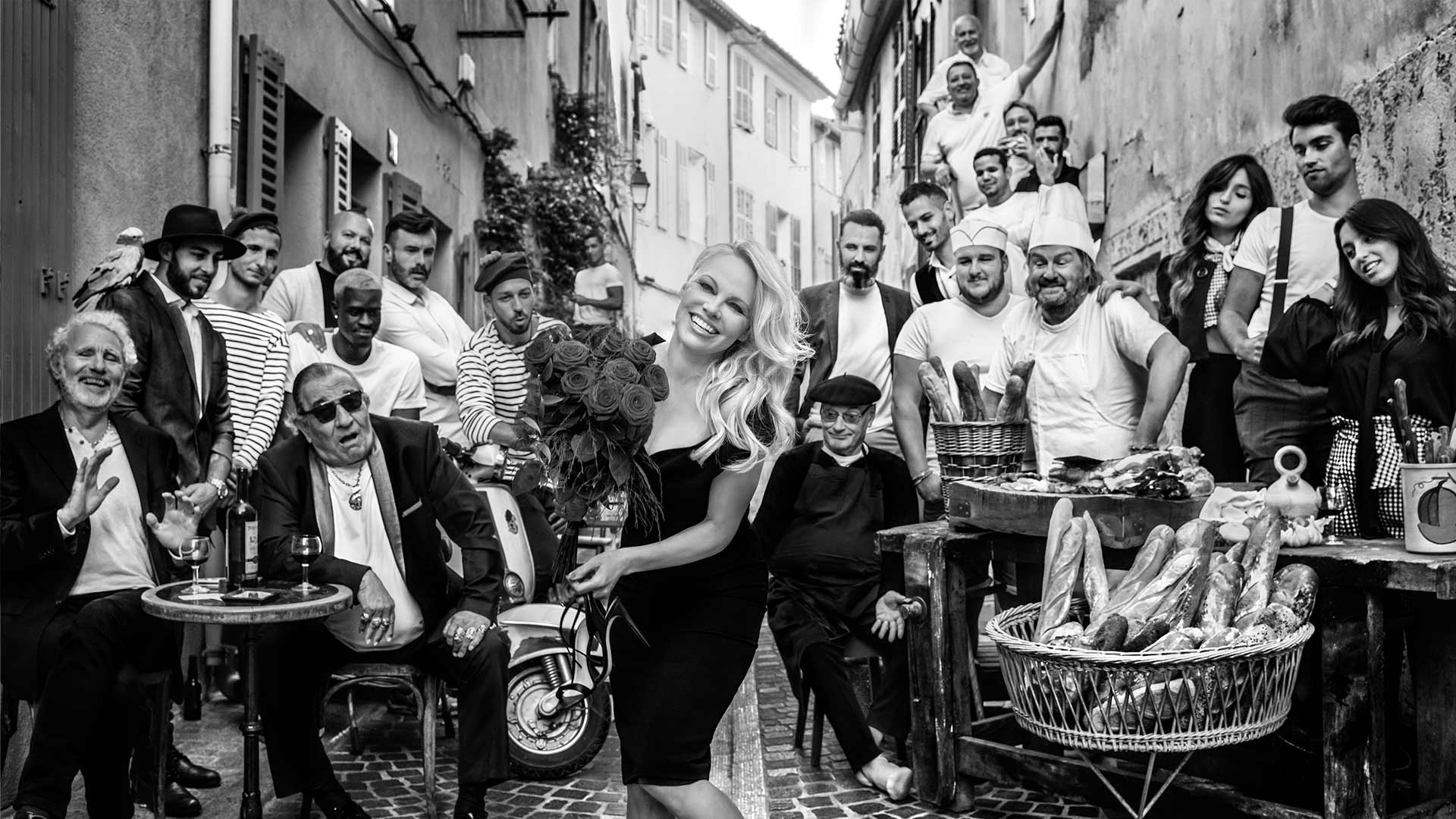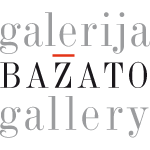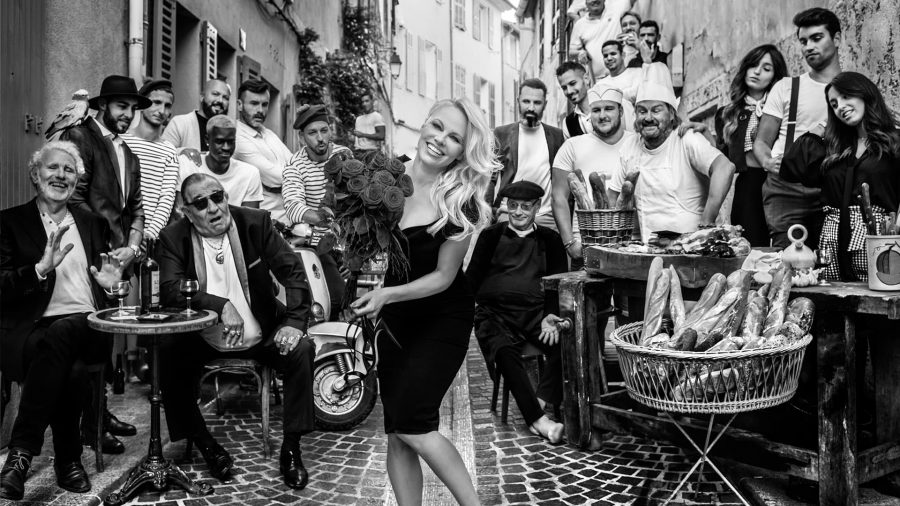
The world-renowned Scottish photography master David Yarrow is not merely a "wildlife" photographer; his work is defined by meticulously planned and directed events in which wild animals take center stage as the main "actors." His ambitious and spectacular projects resemble carefully orchestrated and controlled film sets with extensive production teams and high budgets, making David Yarrow's photographs akin to "frozen" cinematic scenes.
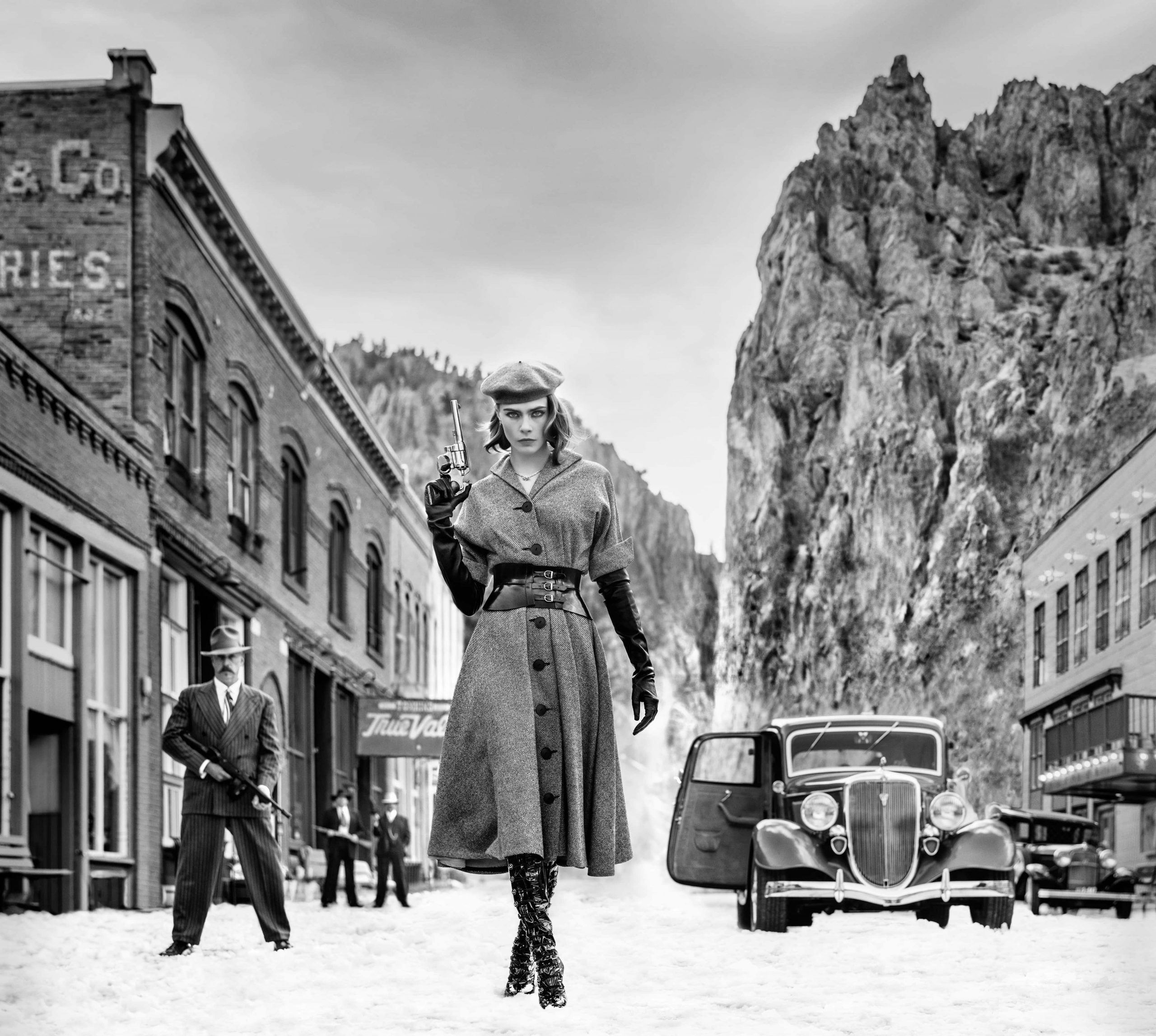
Despite their "immobile" appearance, these images convey dynamism and drama, as the scenes break free from the photographic frame and directly engage the viewer, evoking feelings of excitement and discomfort while maintaining the viewer's attention, allowing an entire story to unfold within a single shot.
This very aspect - the narration of a complete story - is the central focus of the exhibition titled "Storytelling" at the Bažato Gallery. Through his works, Yarrow transports us to diverse worlds, from remote Montana taverns to the realms of glamour and Hollywood stars, to African plains and the polar "edges" of the world, subtly revealing the various meanings of the contemporary Anthropocene. The stories captured through David Yarrow's photographic lens encourage contemplation about the coexistence of nature and humanity, while his directed and at times bizarre images draw attention to the fragility of our planet.
All the "actors" and subjects in David Yarrow's photographs gaze directly at the viewer. The author asserts that genuine emotion is elicited in a photograph only through a gaze "eye to eye," as the viewer's gaze meets that of the subject in the photograph. David Yarrow contends that the only correct camera position is one that is "eye to eye with the subject."
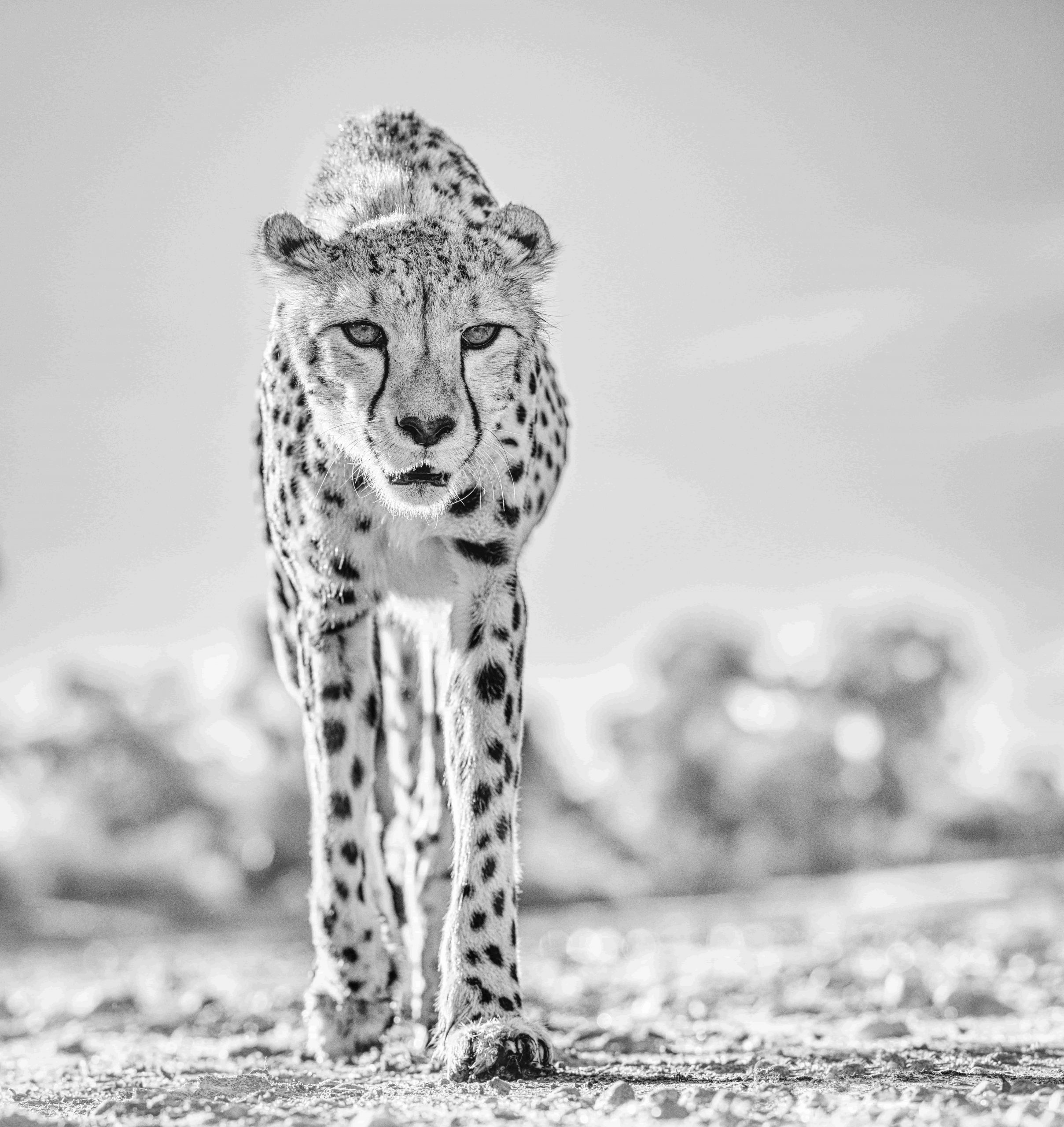
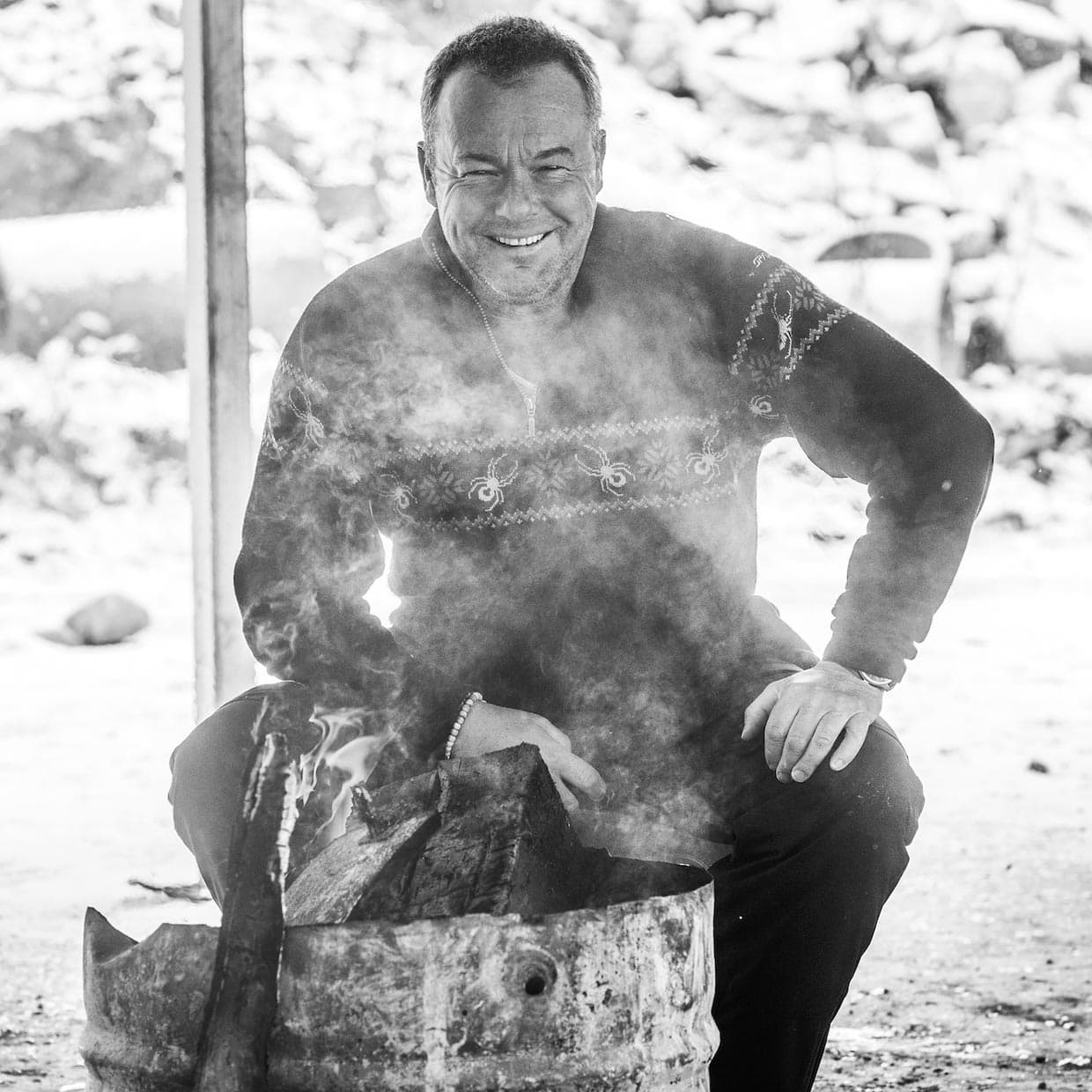
David Yarrow
David Yarrow was born in Glasgow, Scotland in 1966. He took up photography at an early age and as a 20-year-old found himself working as a photographer for The London Times on the pitch at the World Cup Final in Mexico City. On that day, David took the famous picture of Diego Maradona holding the World Cup and, as a result, was subsequently asked to cover the Olympics and numerous other sporting events.
